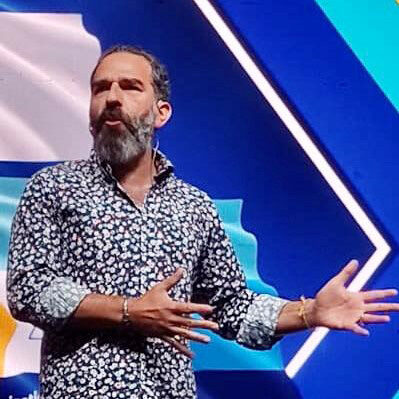There are three essential mitzvoth of Passover: the removal of Chametz (made from one of five types of grains – wheat, barley, spelt, rye, & oats – mixed with water), eating Matzah, and telling the story of our ancestor’s liberation. Of the three mitzvoth, ‘telling the story of our ancestor’s liberation’, may seem unnecessary – isn’t it obvious that we are going to tell the story anyway? After all, its narrative serves as an instigator of Jewish memory and ritual.
And yet we have also witnessed the story’s influence in other peoples’ movements for redemption. From Dr. Martin Luther King Jr.’s vision of ‘the promised land’, to Bob Marley’s “Redemption Song”; for those who seek justice, the story has inspired the masses to march for freedom.
What is it about the Passover story, as opposed to any other story of redemption?
Rabbi Shalom Noach Berezovsky, a famous Hasidic master, believes that unlike the liberation we experienced from Babylon, or any other emancipation throughout 2,000 years of exile, יציאת מצרים, exodus from Egypt represents a redemptive status unlike any other we have experienced. He explains that slavery in Egypt was not just physical; it was a spiritual captivity – a slavery of our neshamot, our souls. Such confinement shackled our collective inspiration to serve as Gd’s partner in creation, bringing justice to the world.
It makes sense that the rabbis would insist on such language of commandedness. The mitzvah of telling the story of liberation, generation after generation, seems to have a transformative component to it, if but for a moment – Avadim Hayinu, “we were slaves…” – is real.
This Pesach, tell the story of physical AND spiritual redemption, a redemption that offers us continuous revelation and the realization of Klal Yisrael, Jewish Peoplehood.
חג כשר ושמח
Wishing you a Liberating Passover
From Sinai

